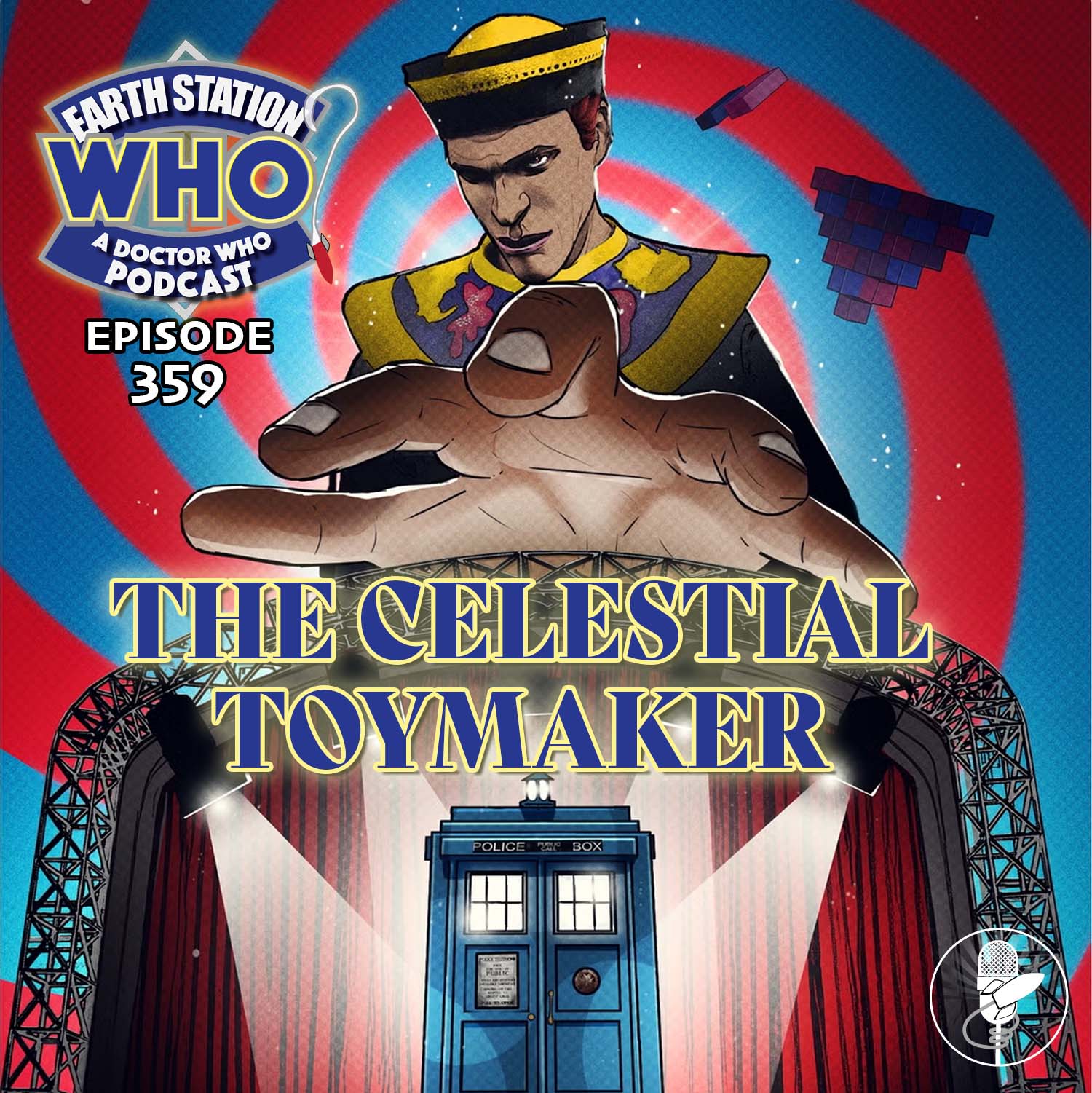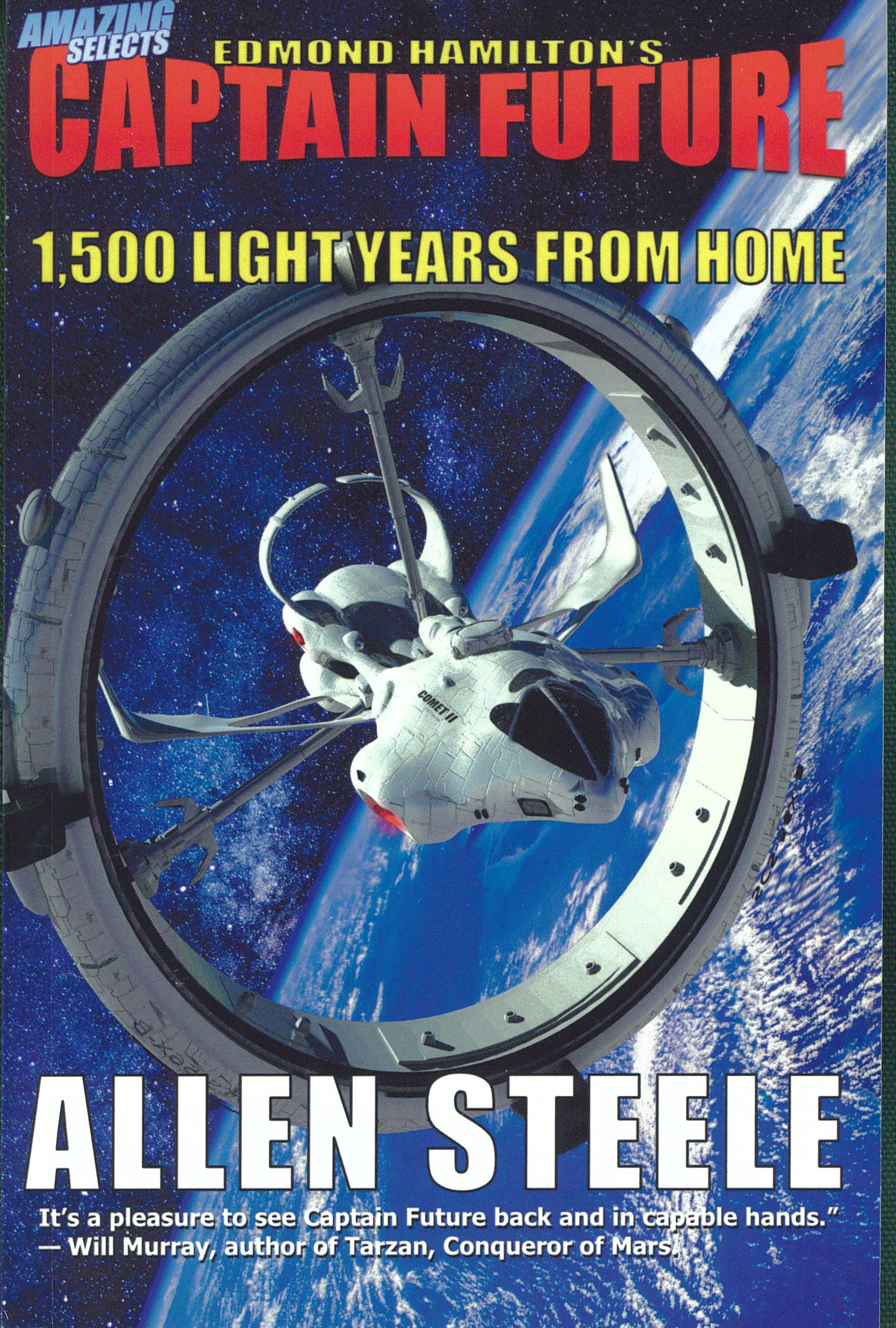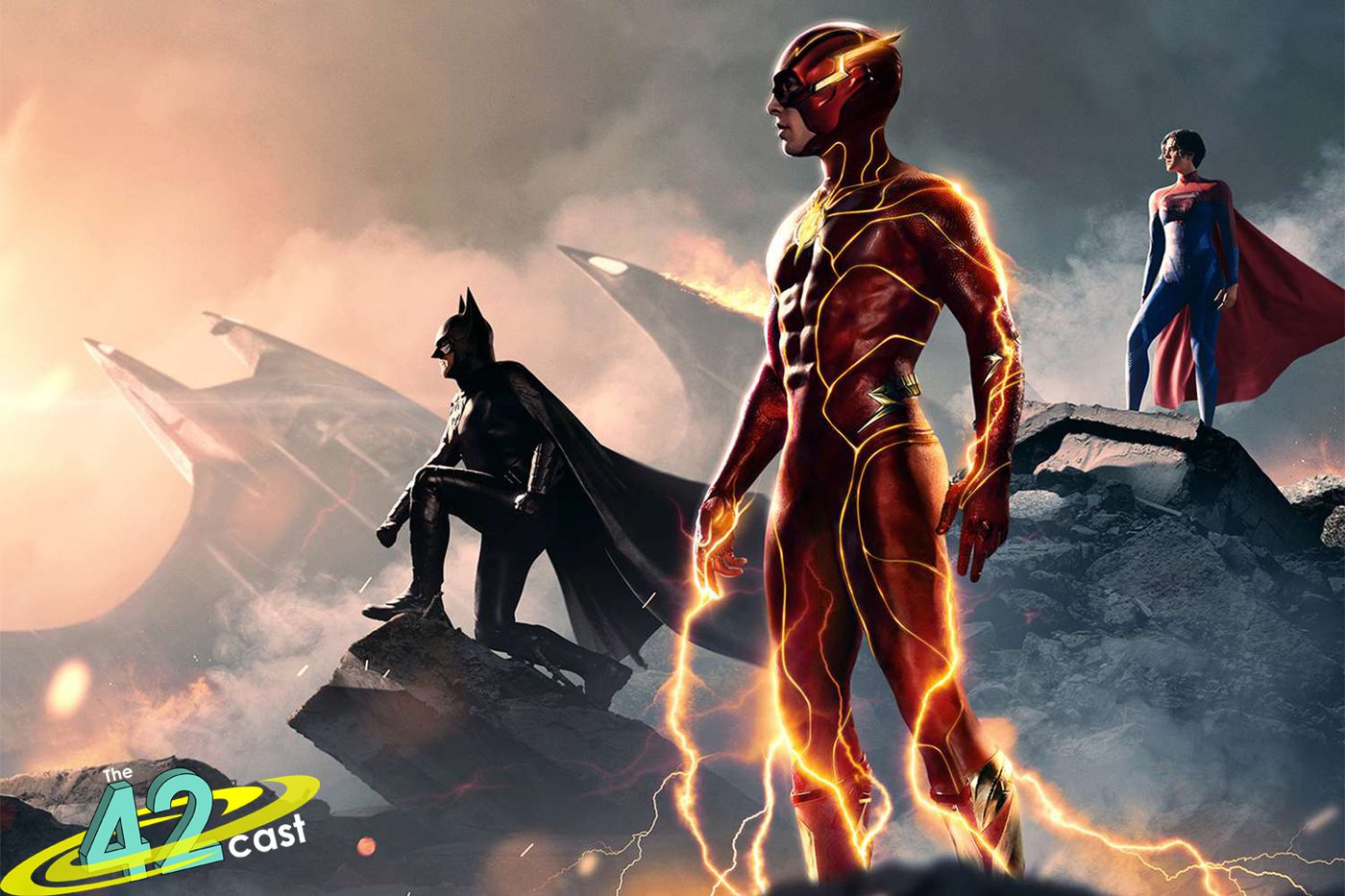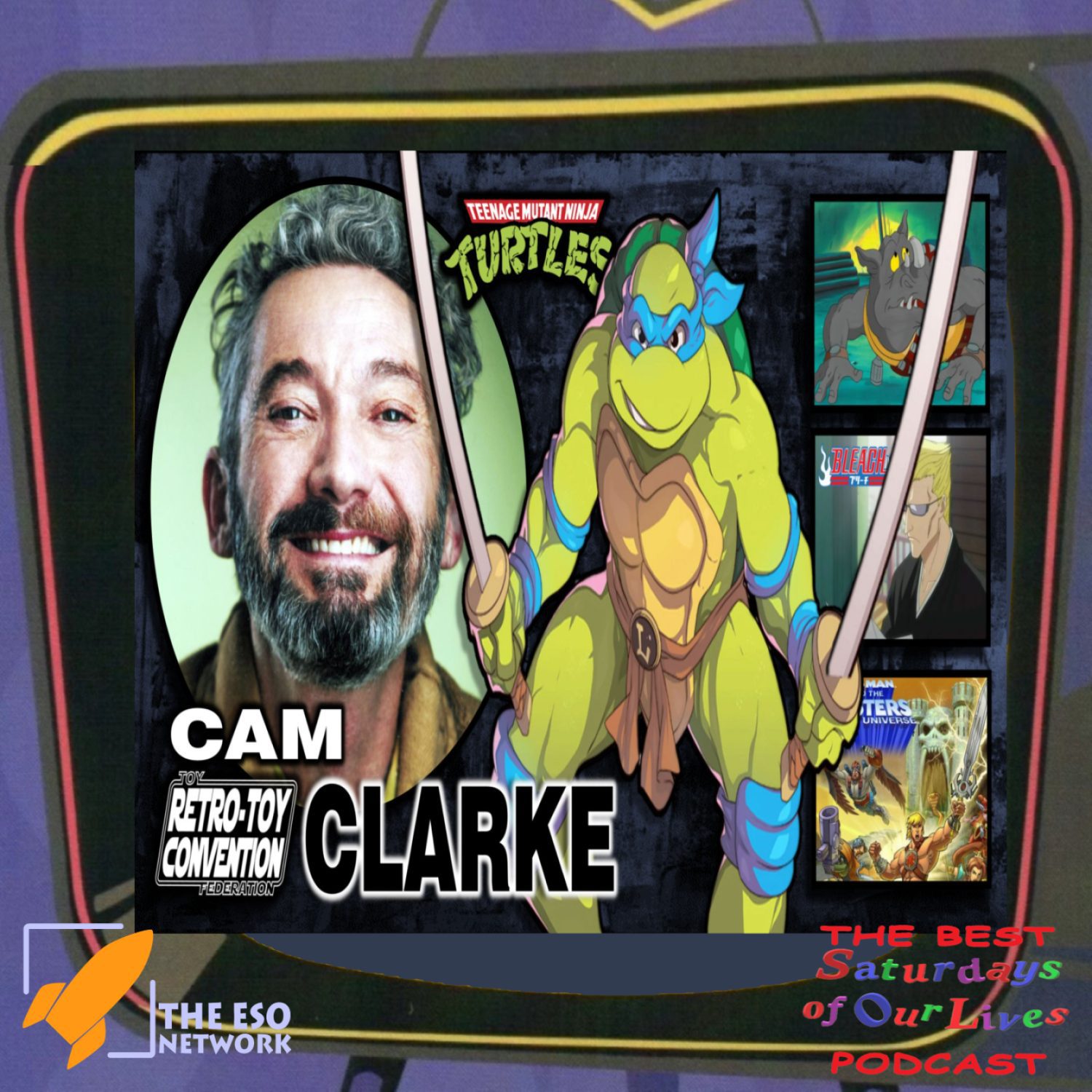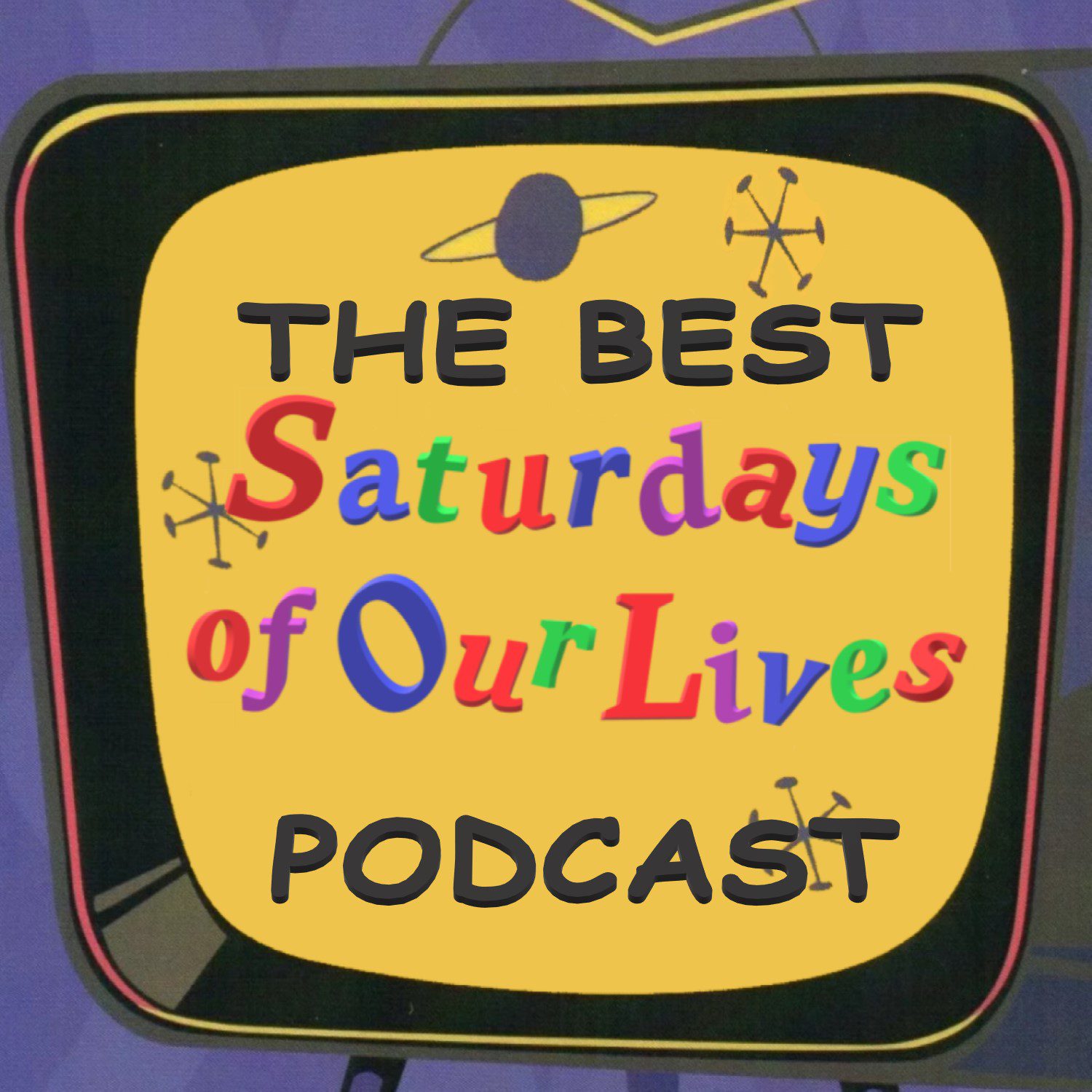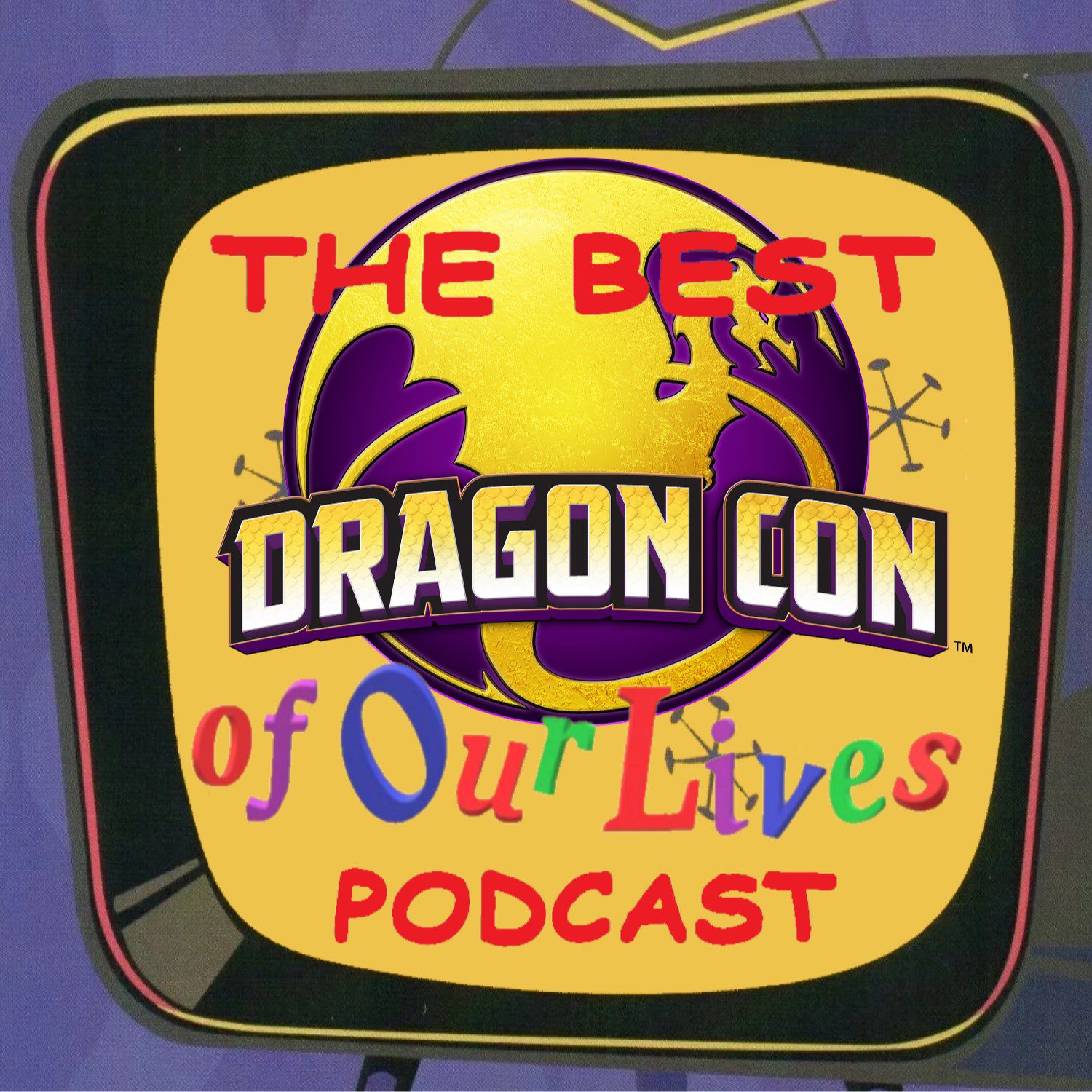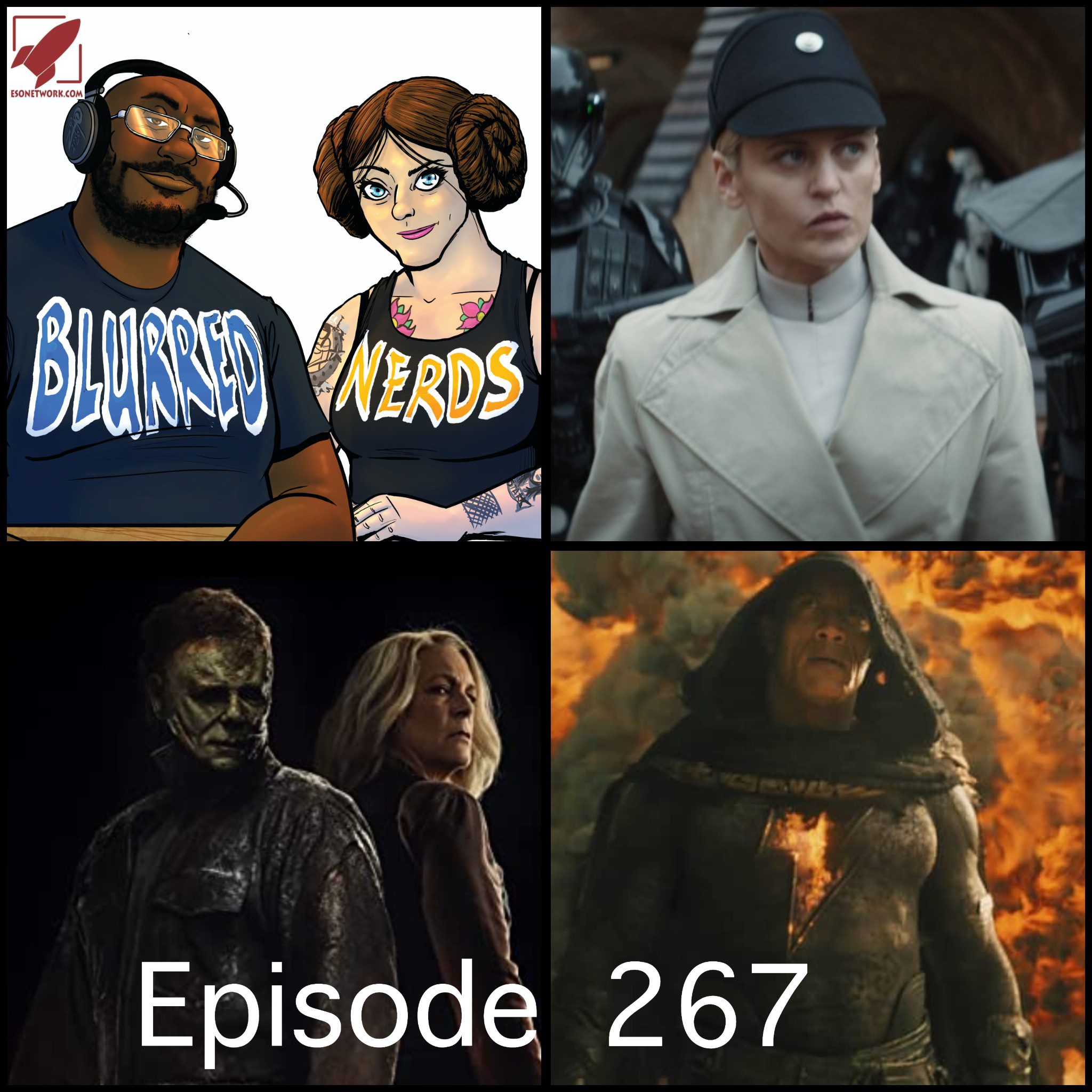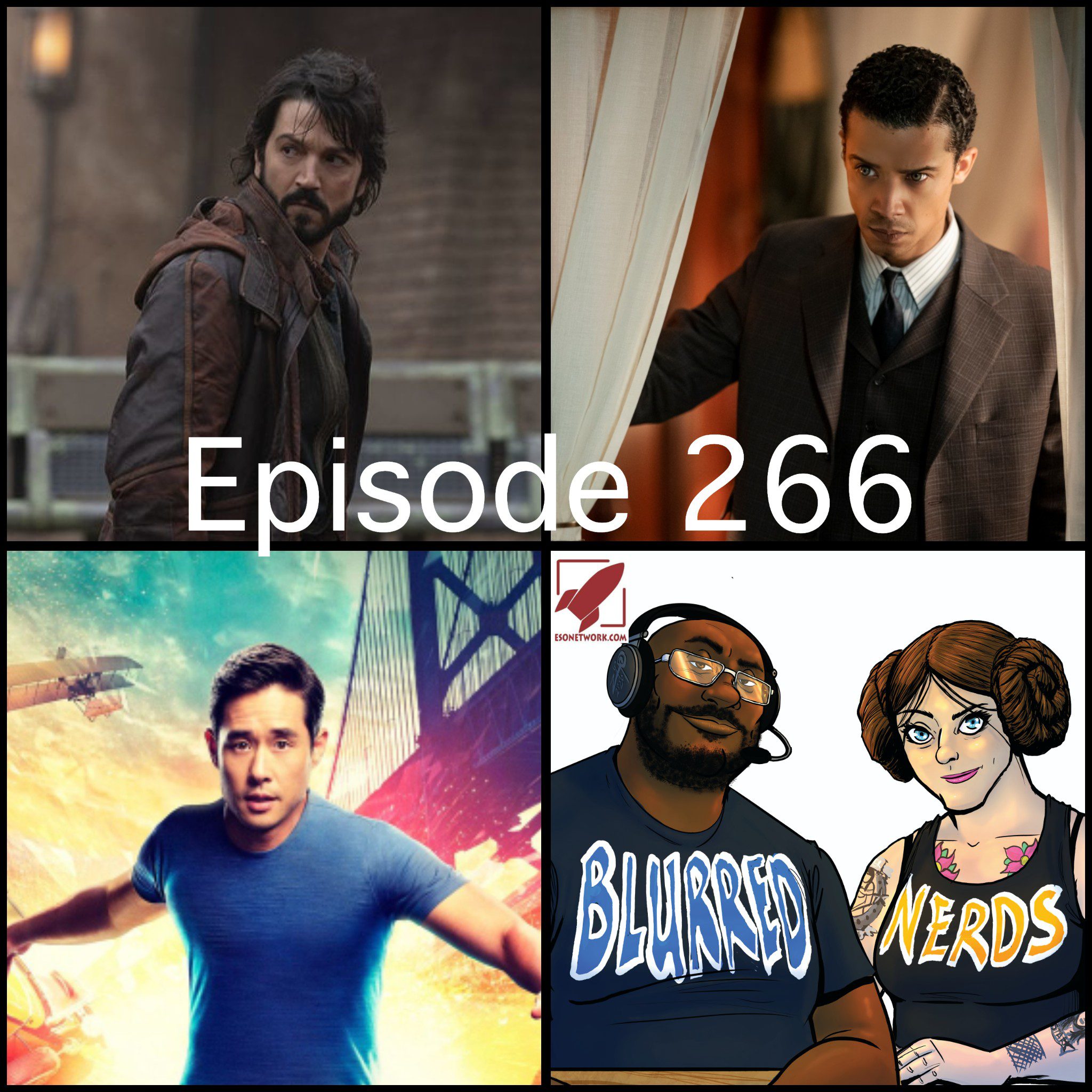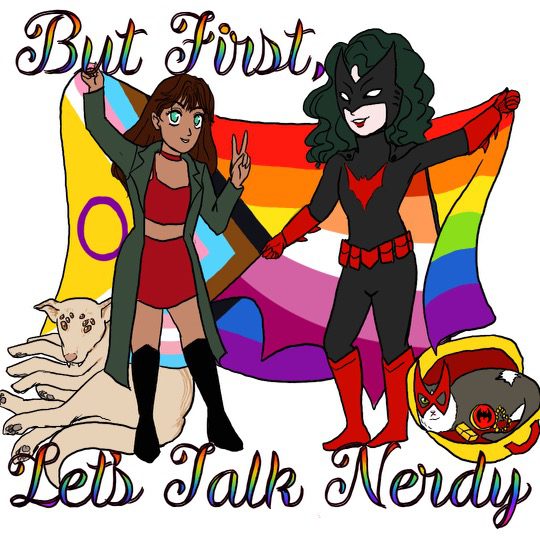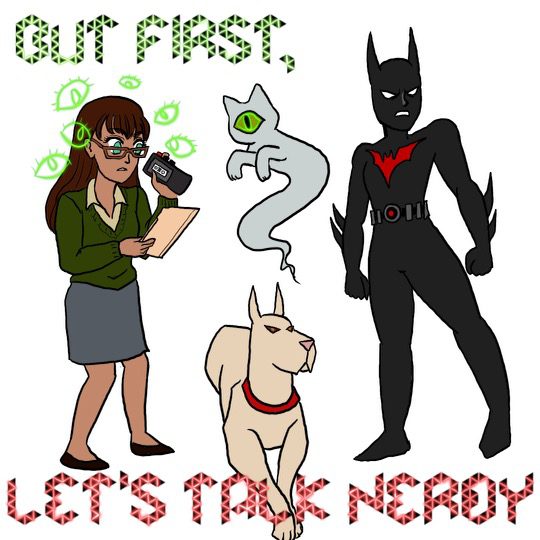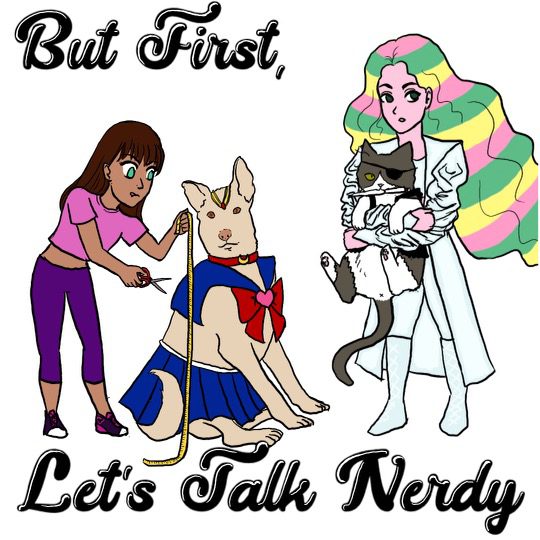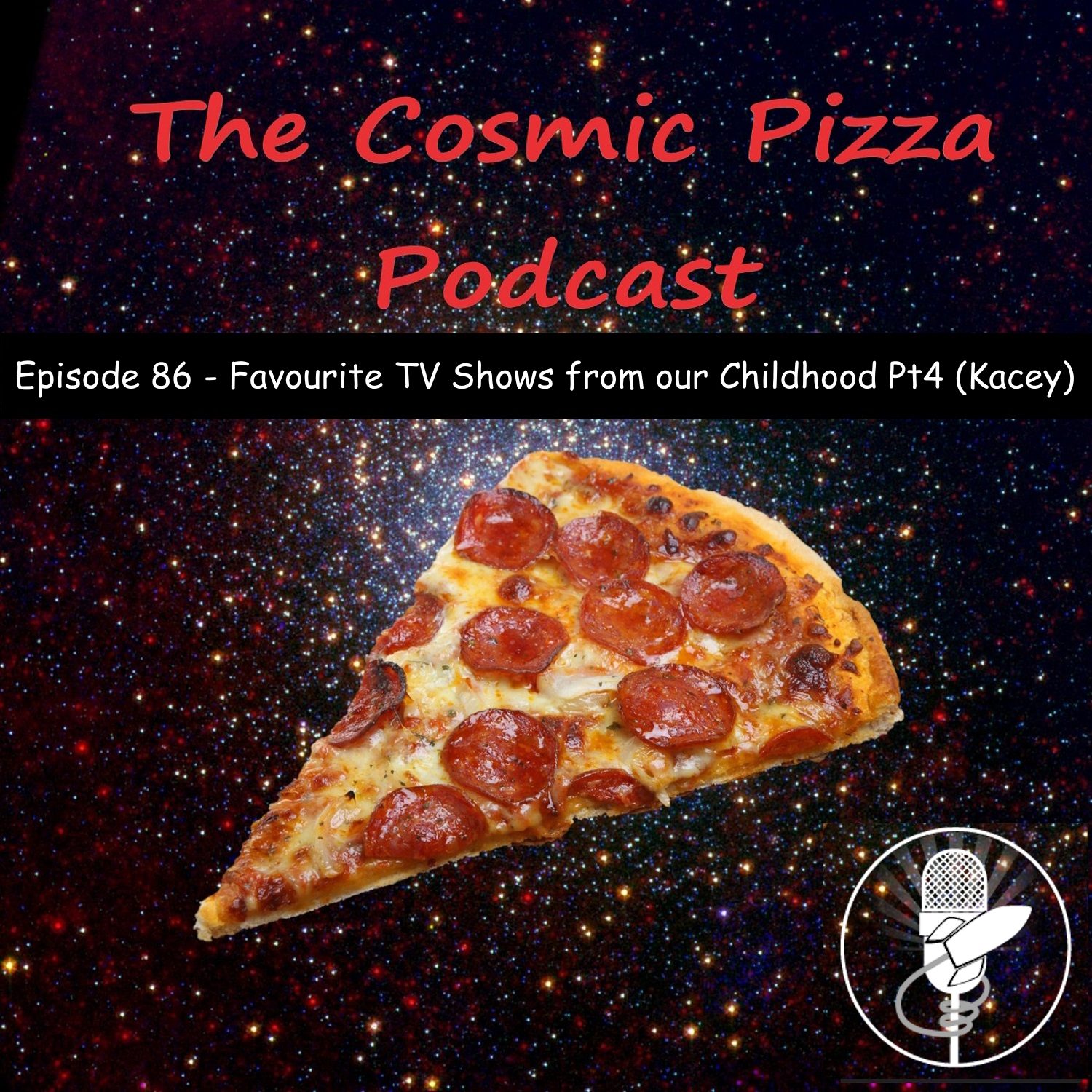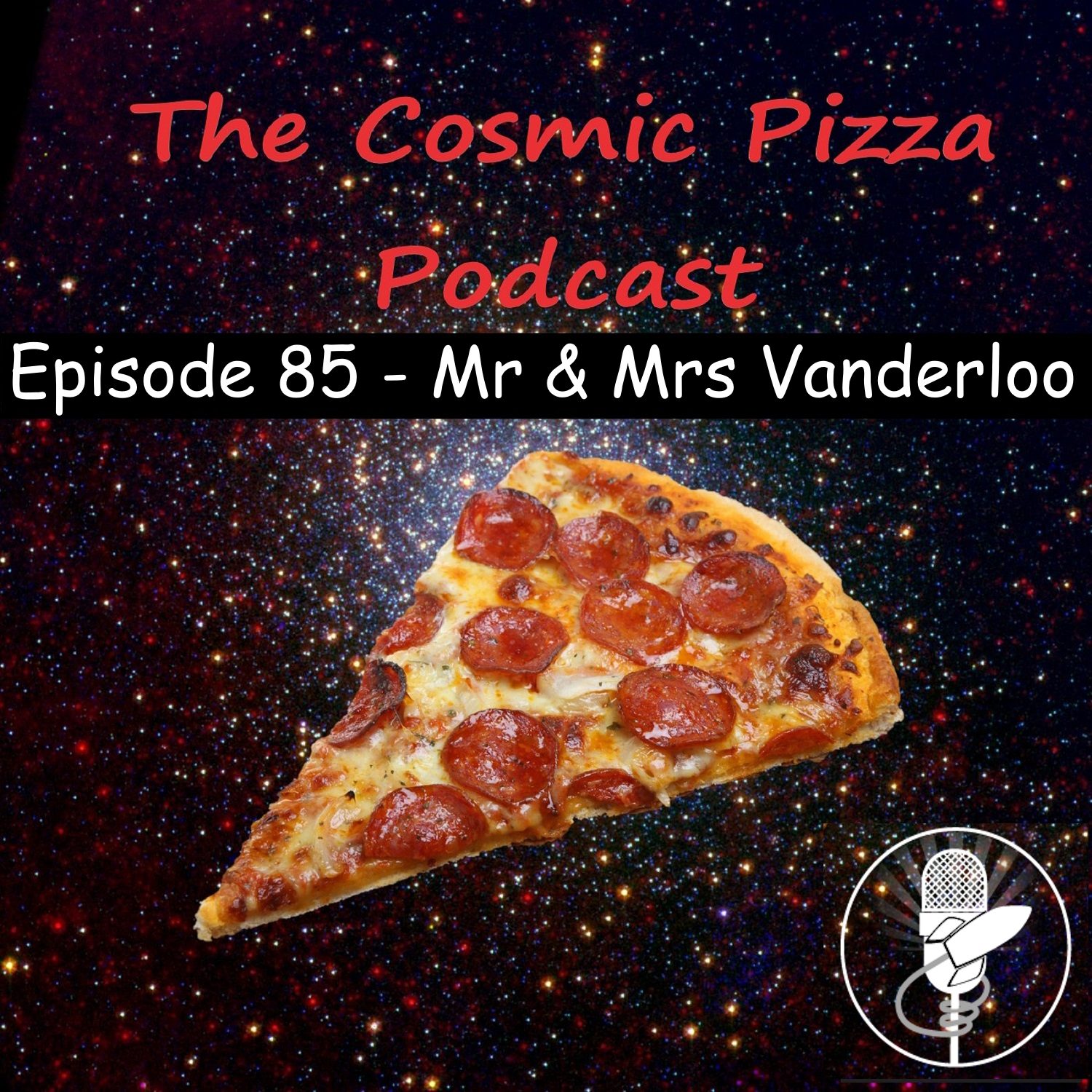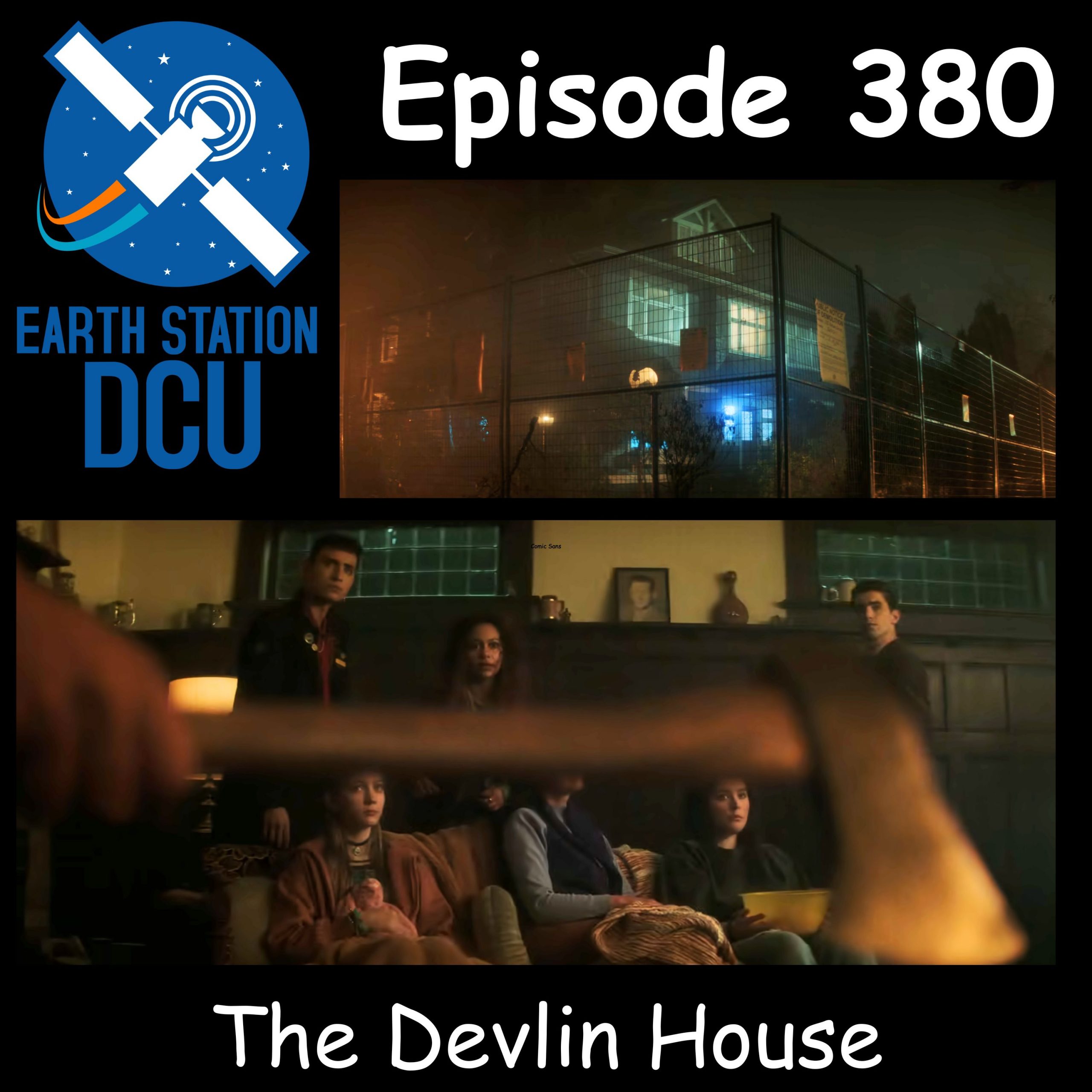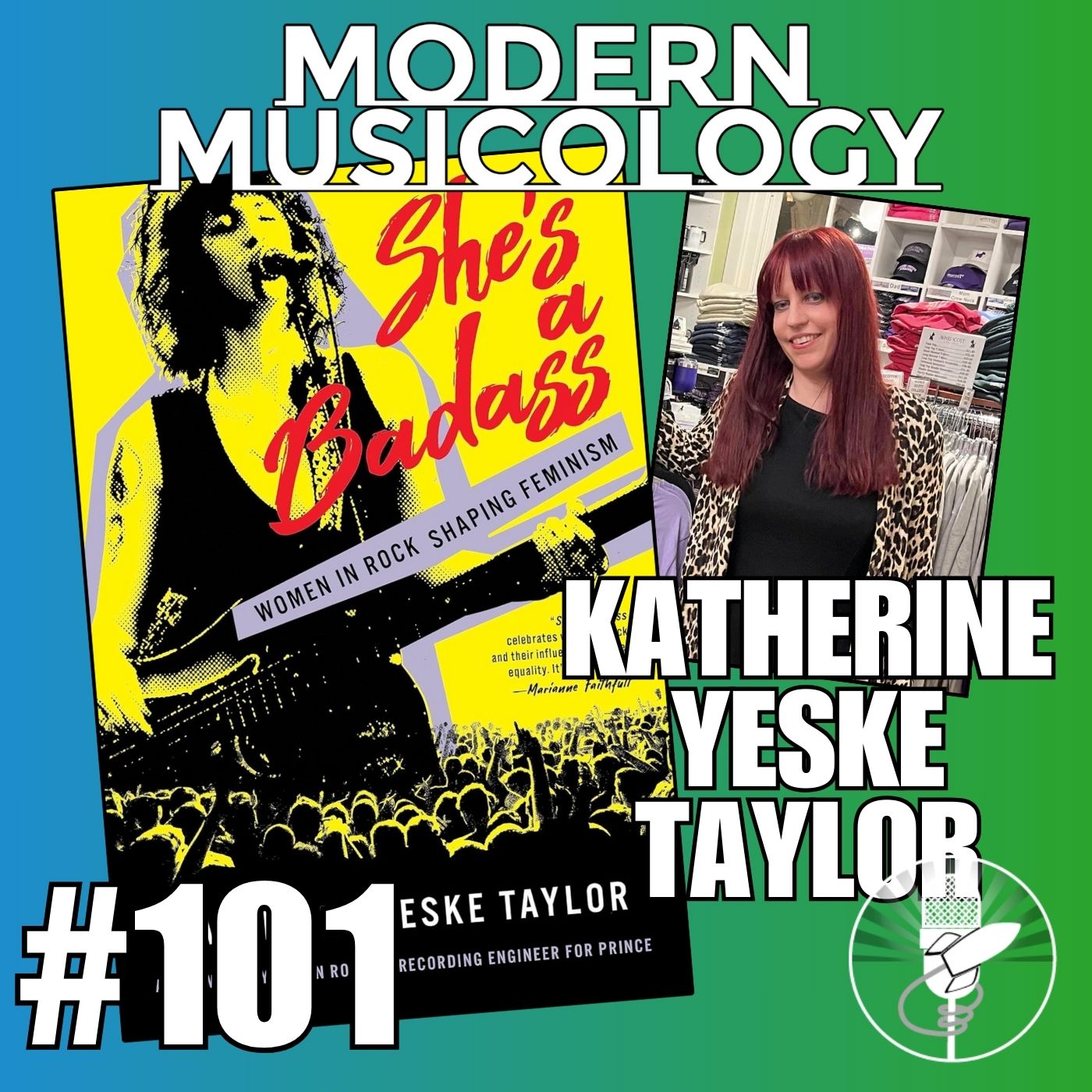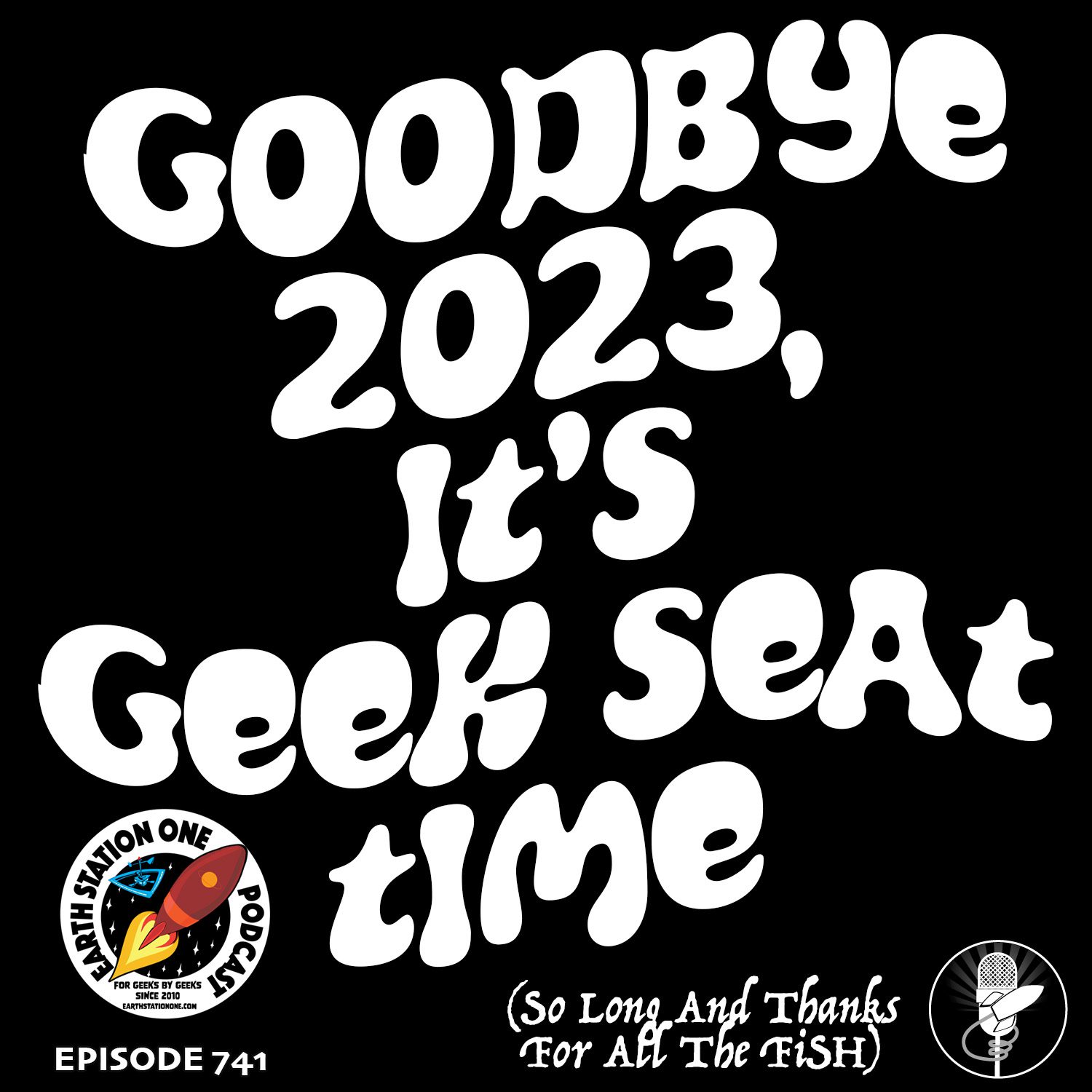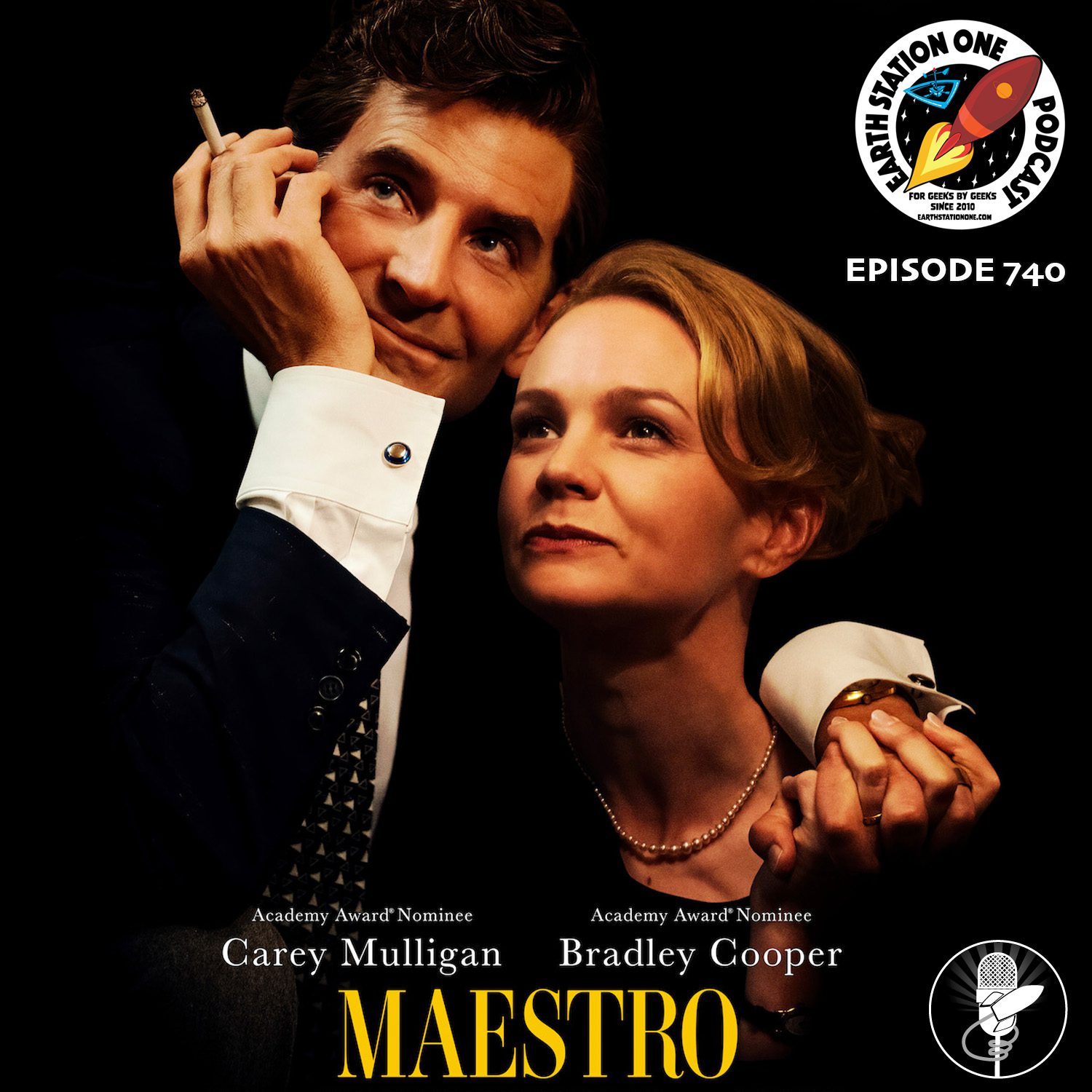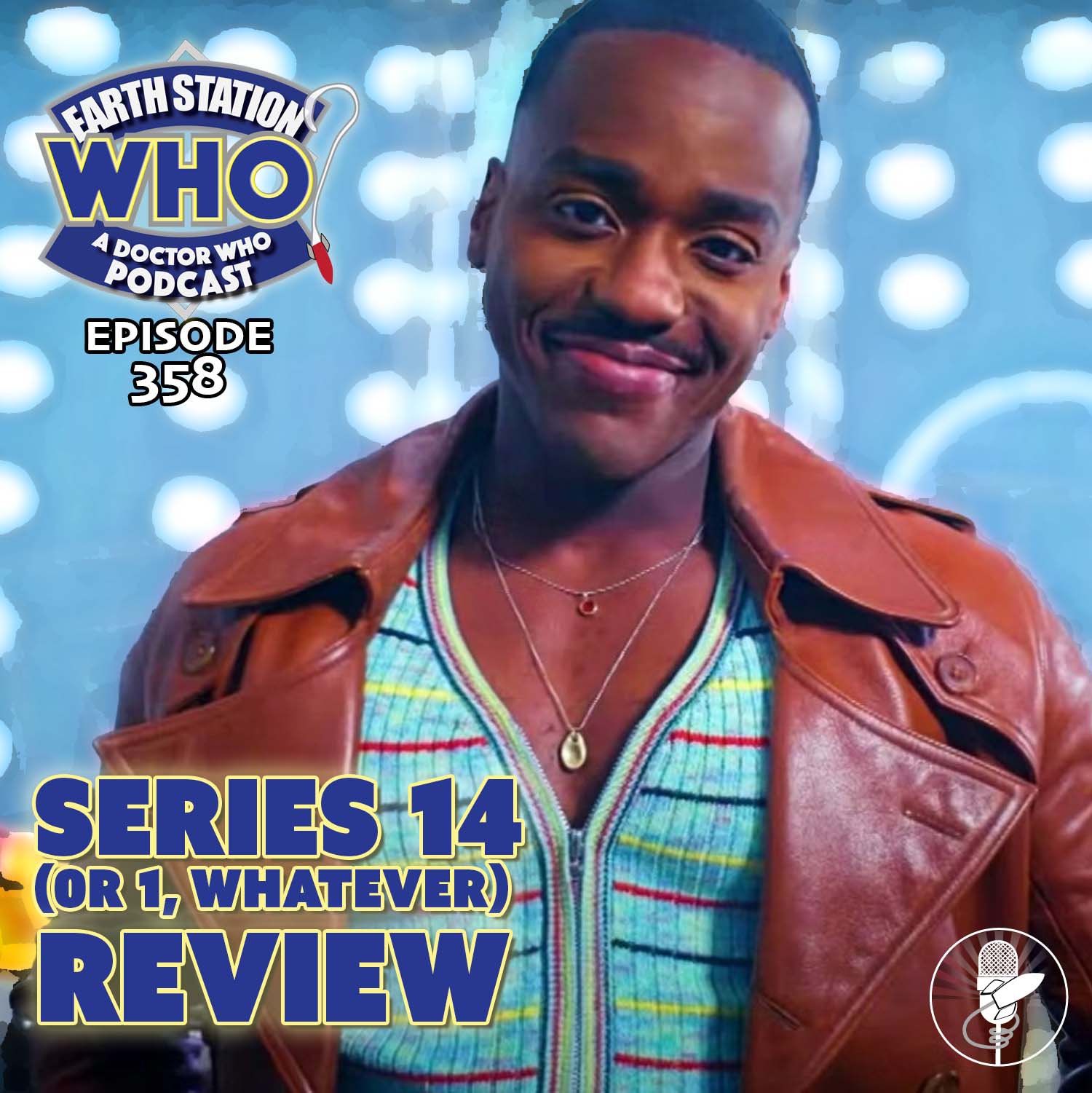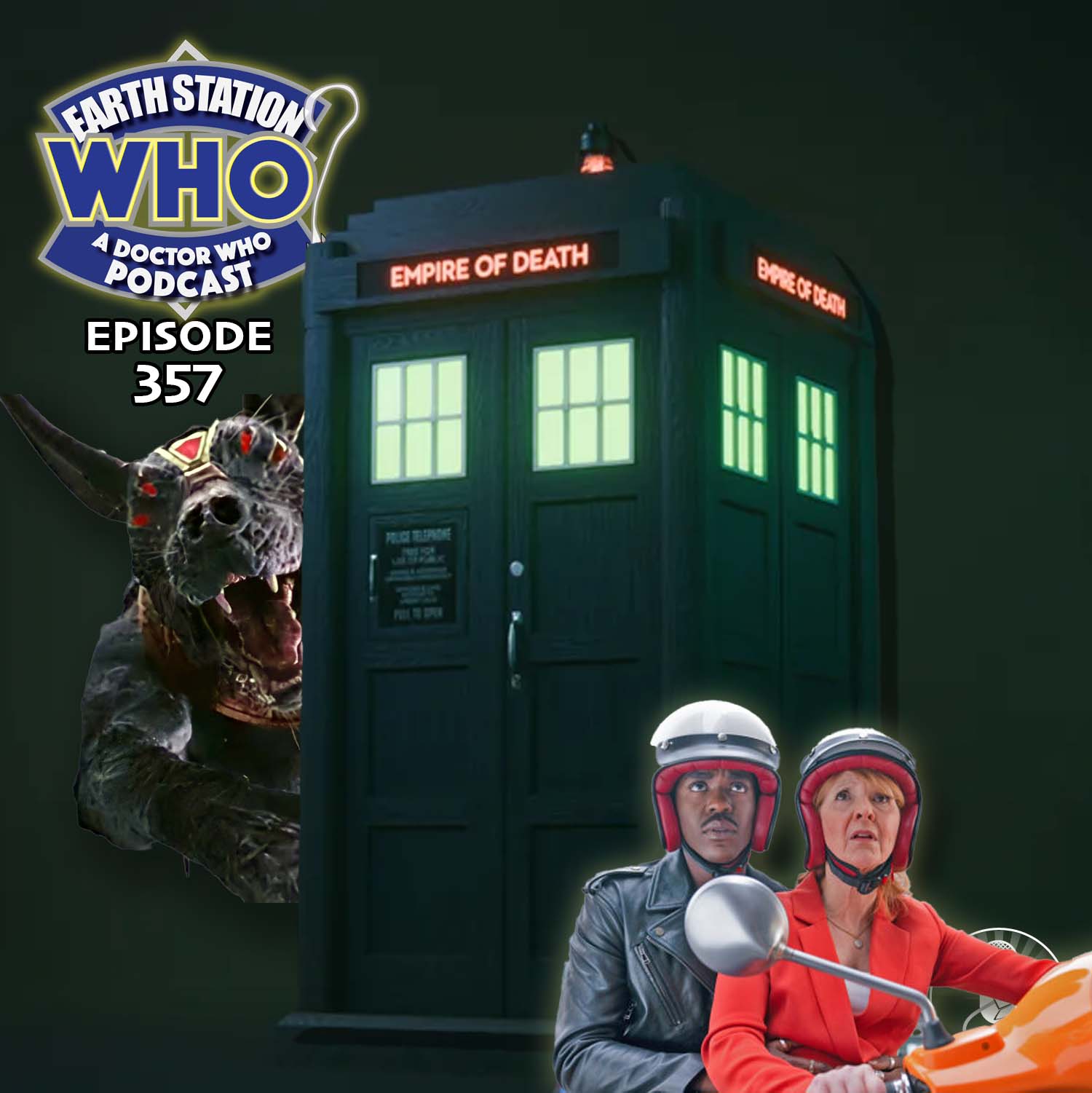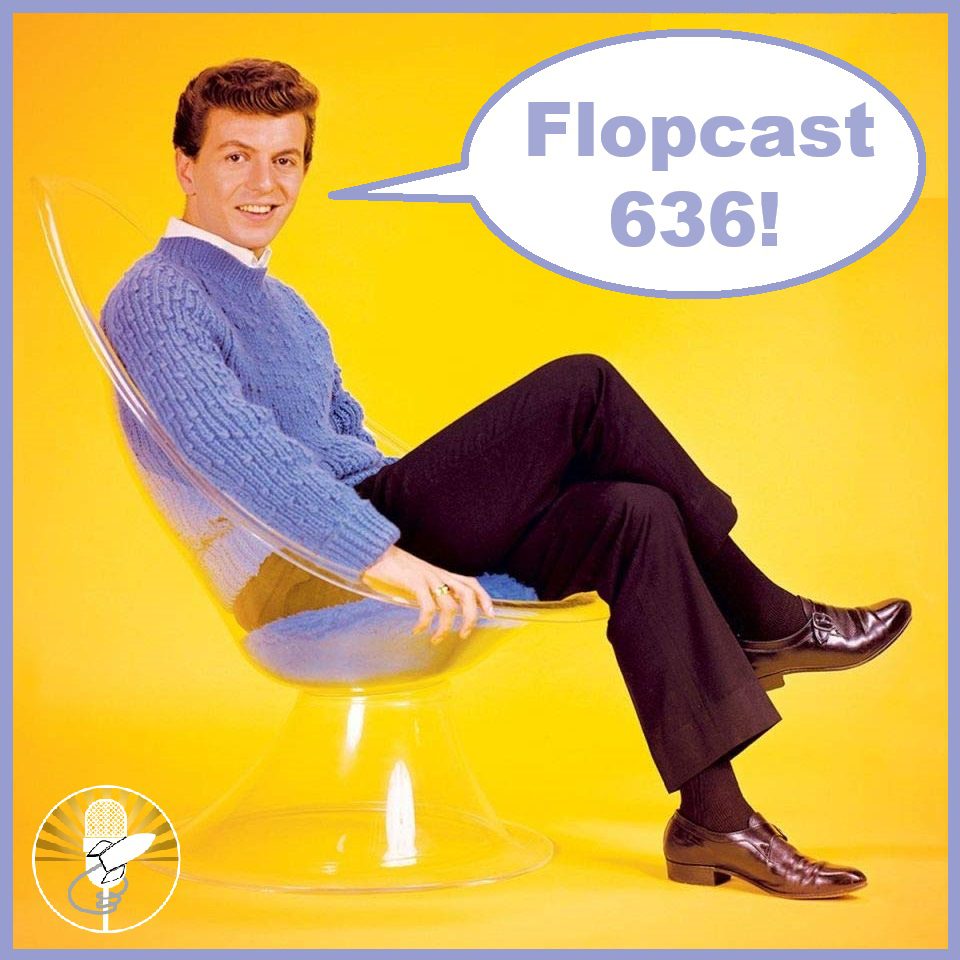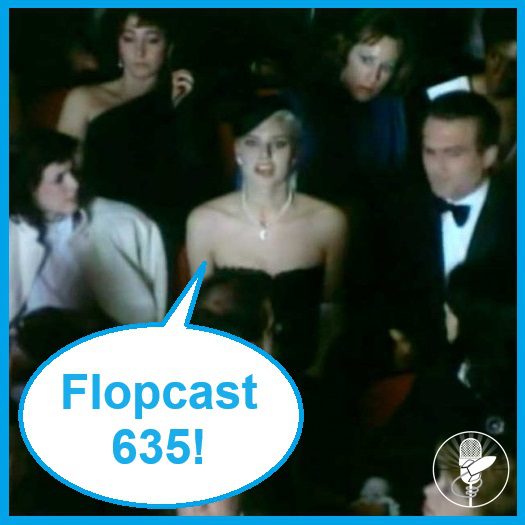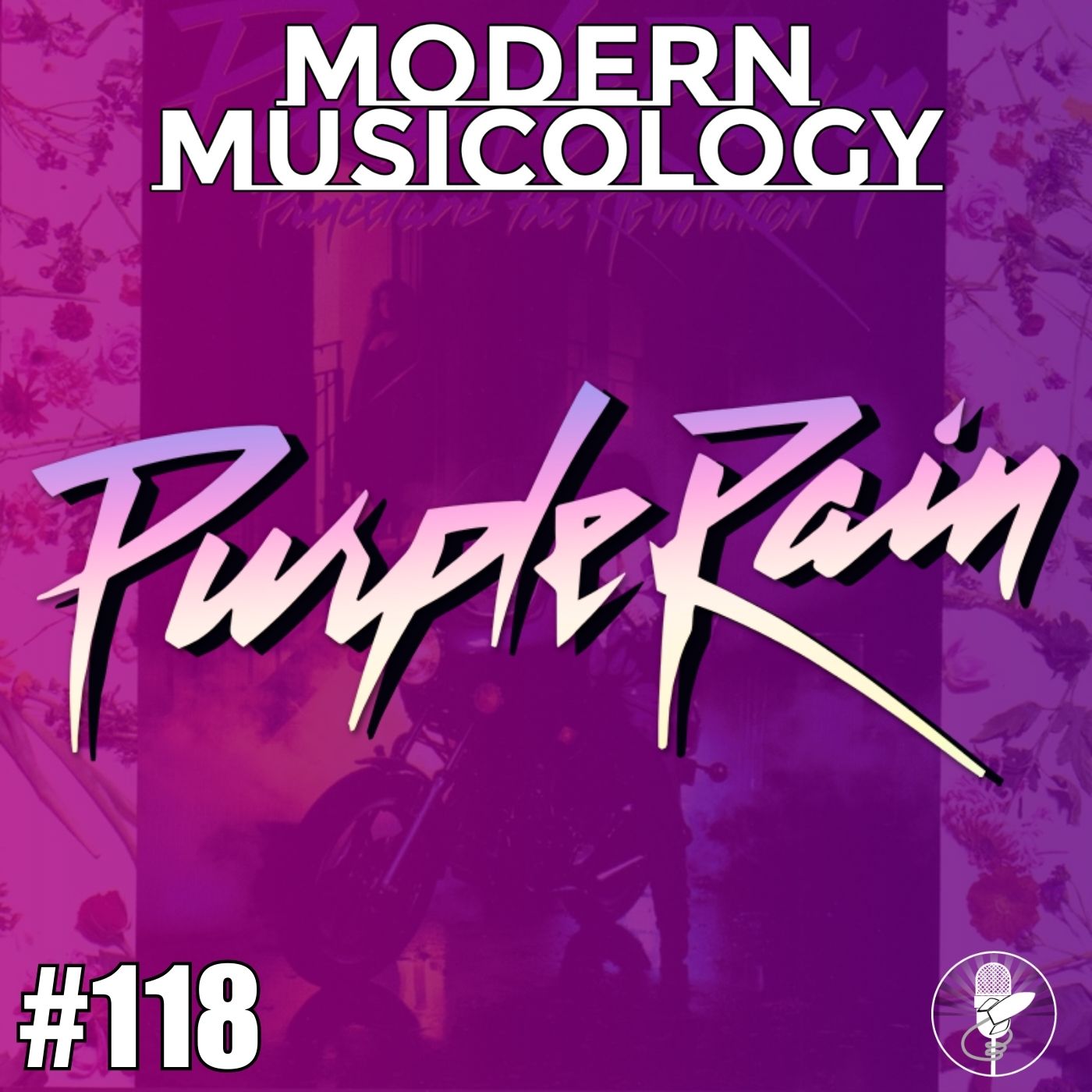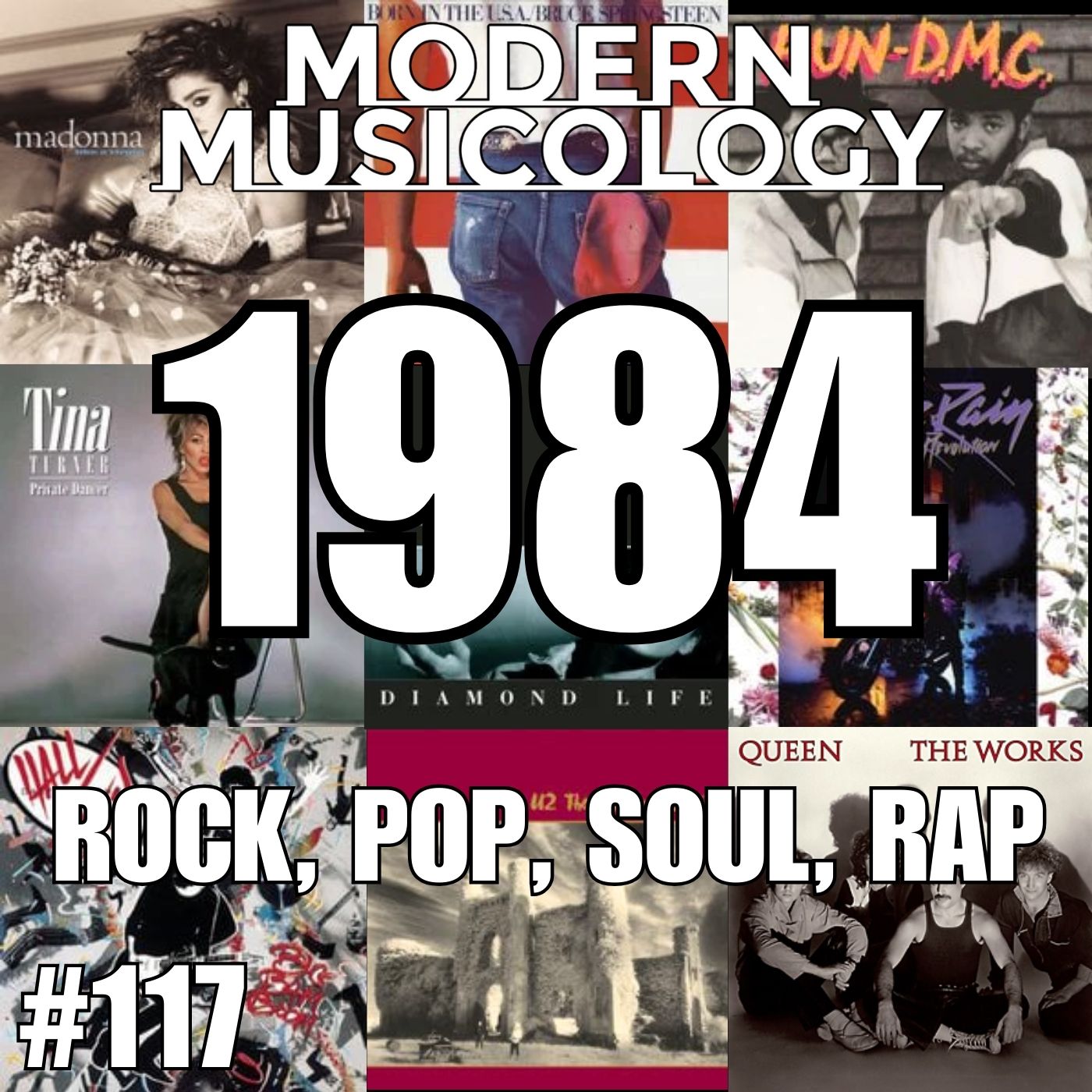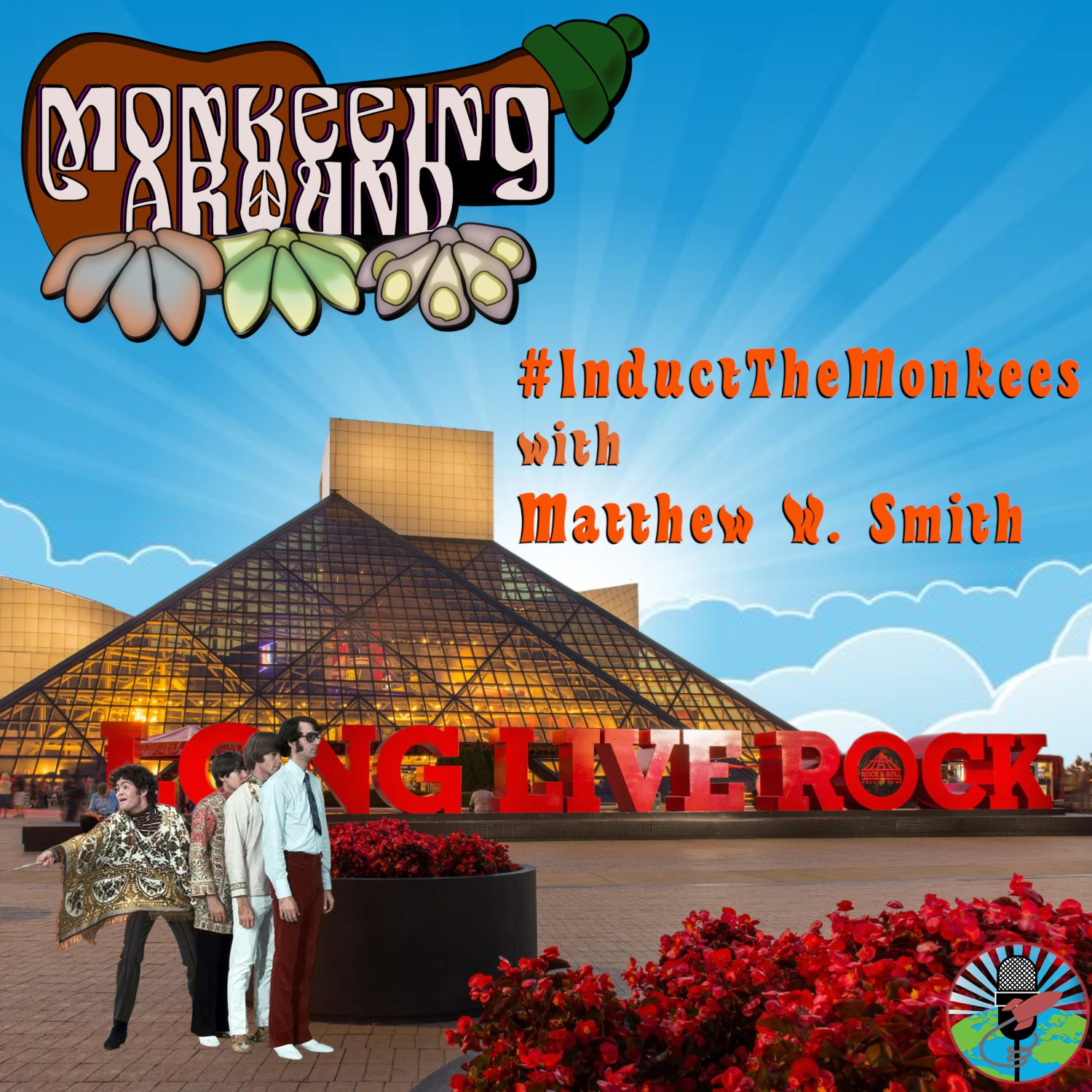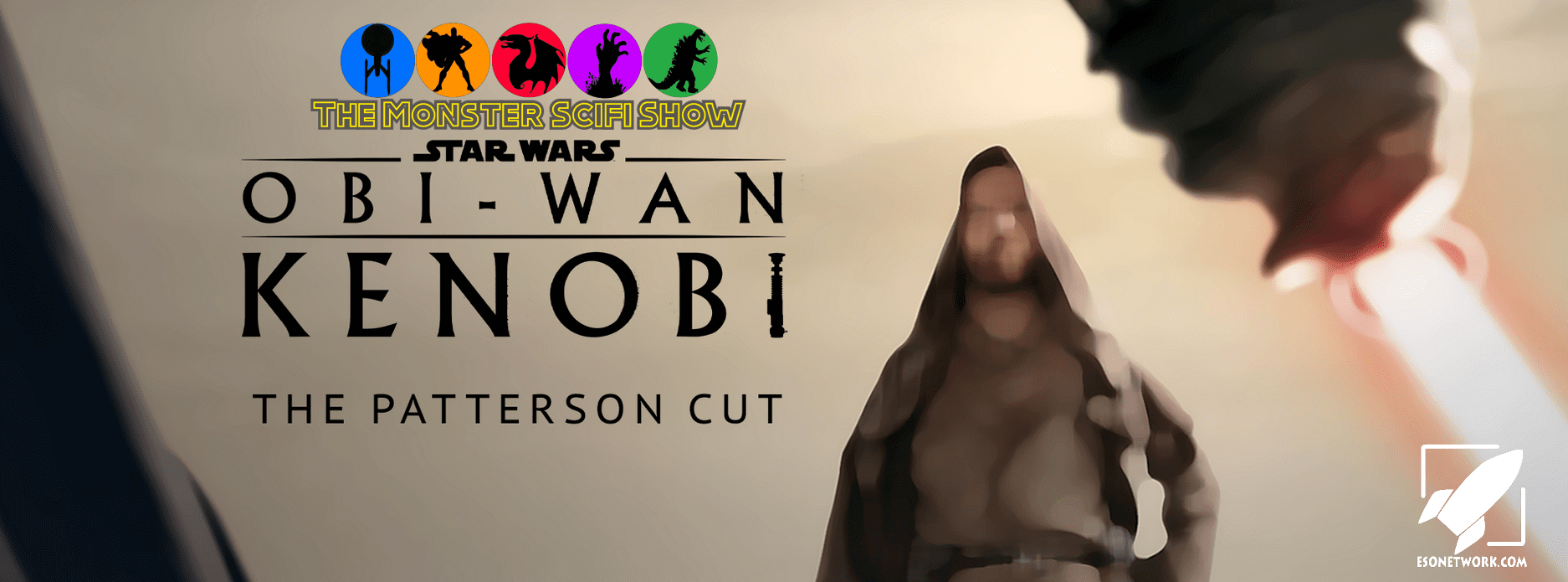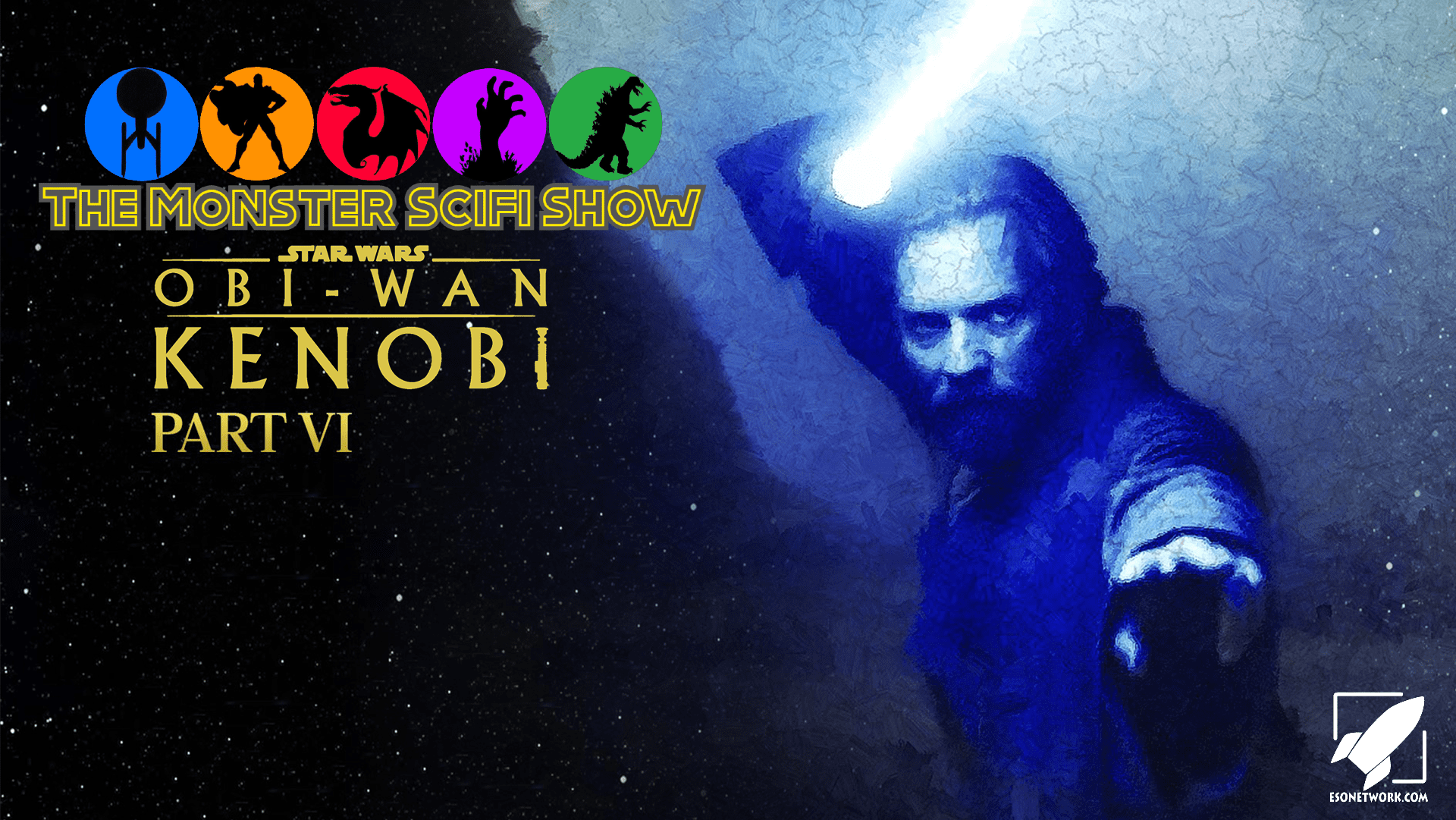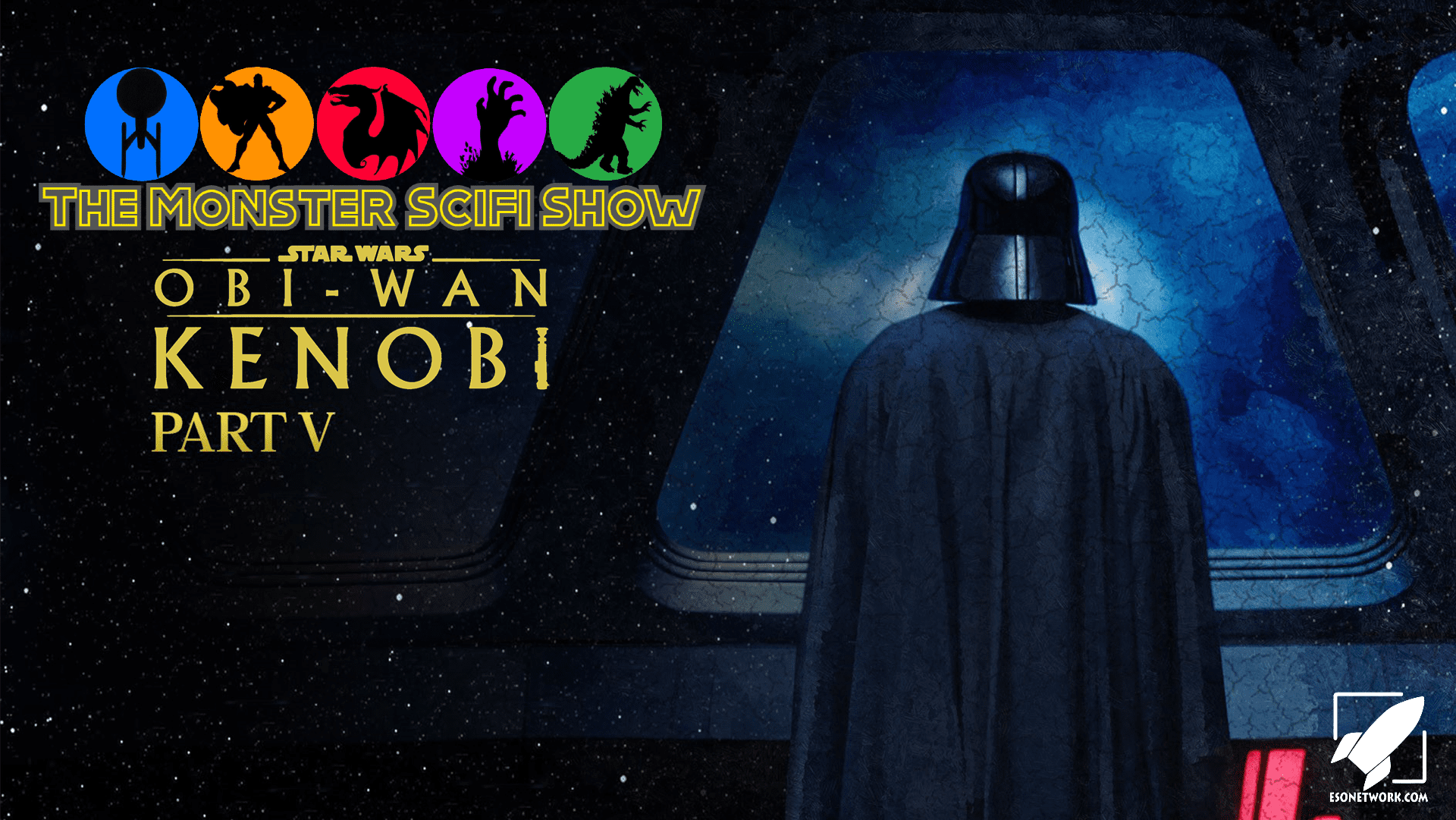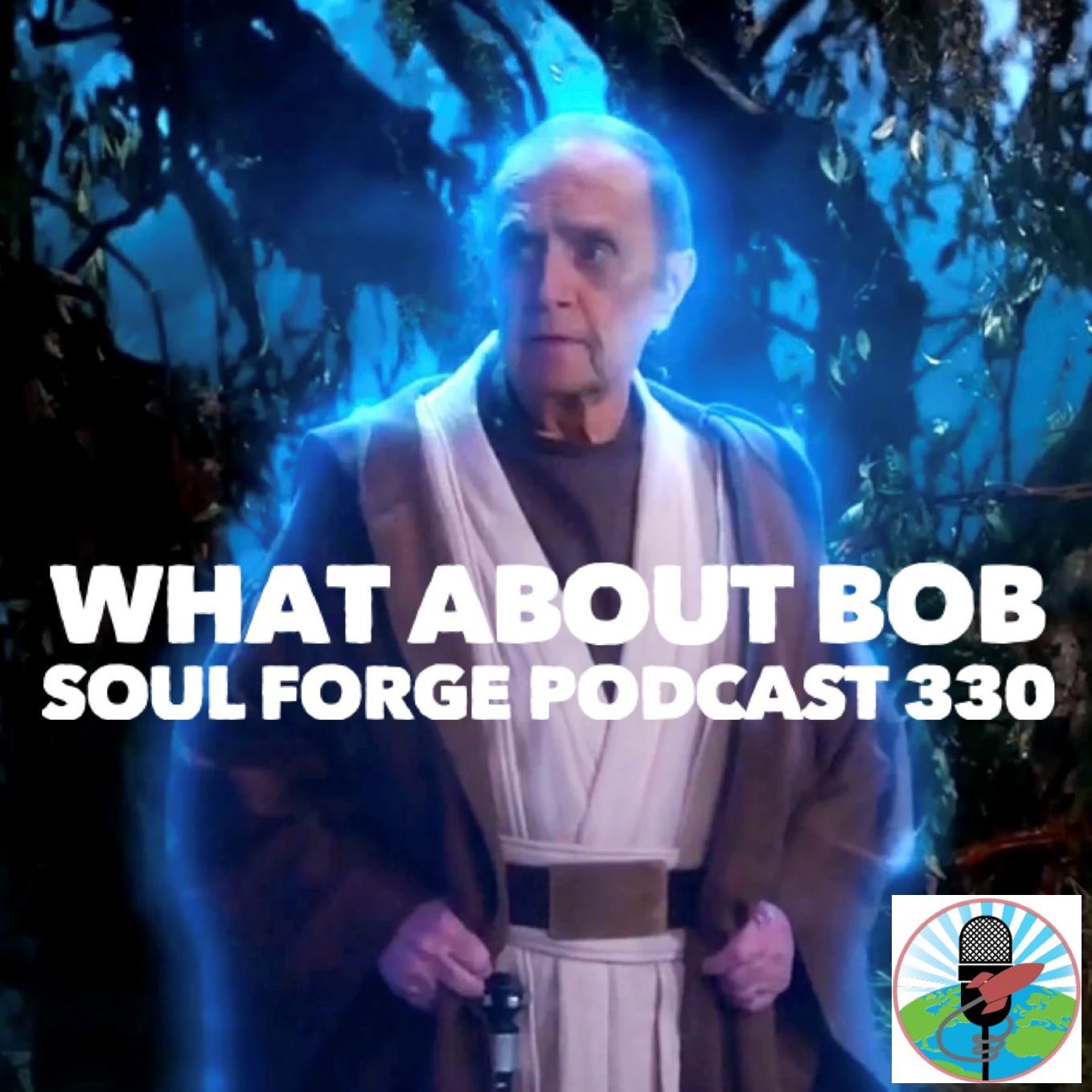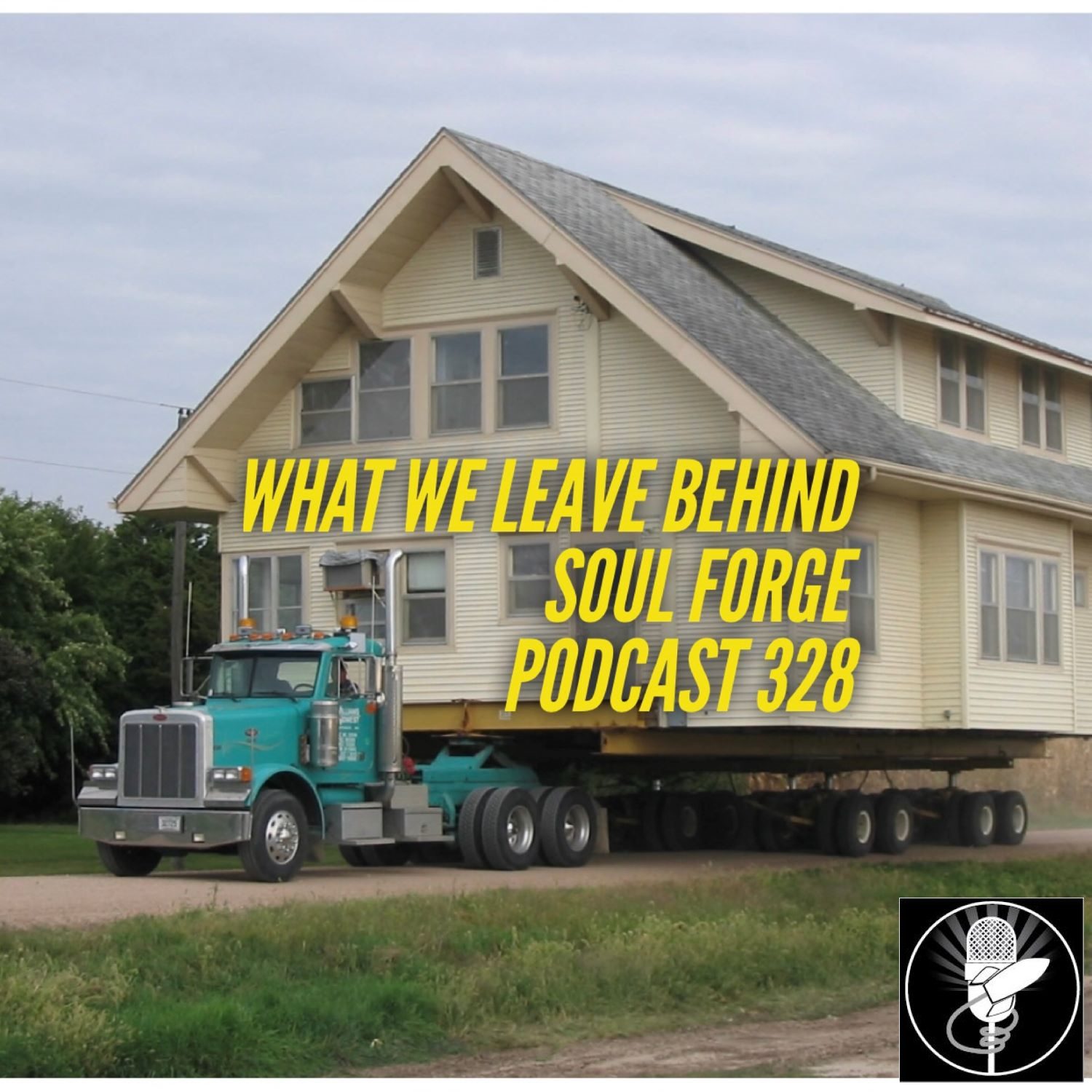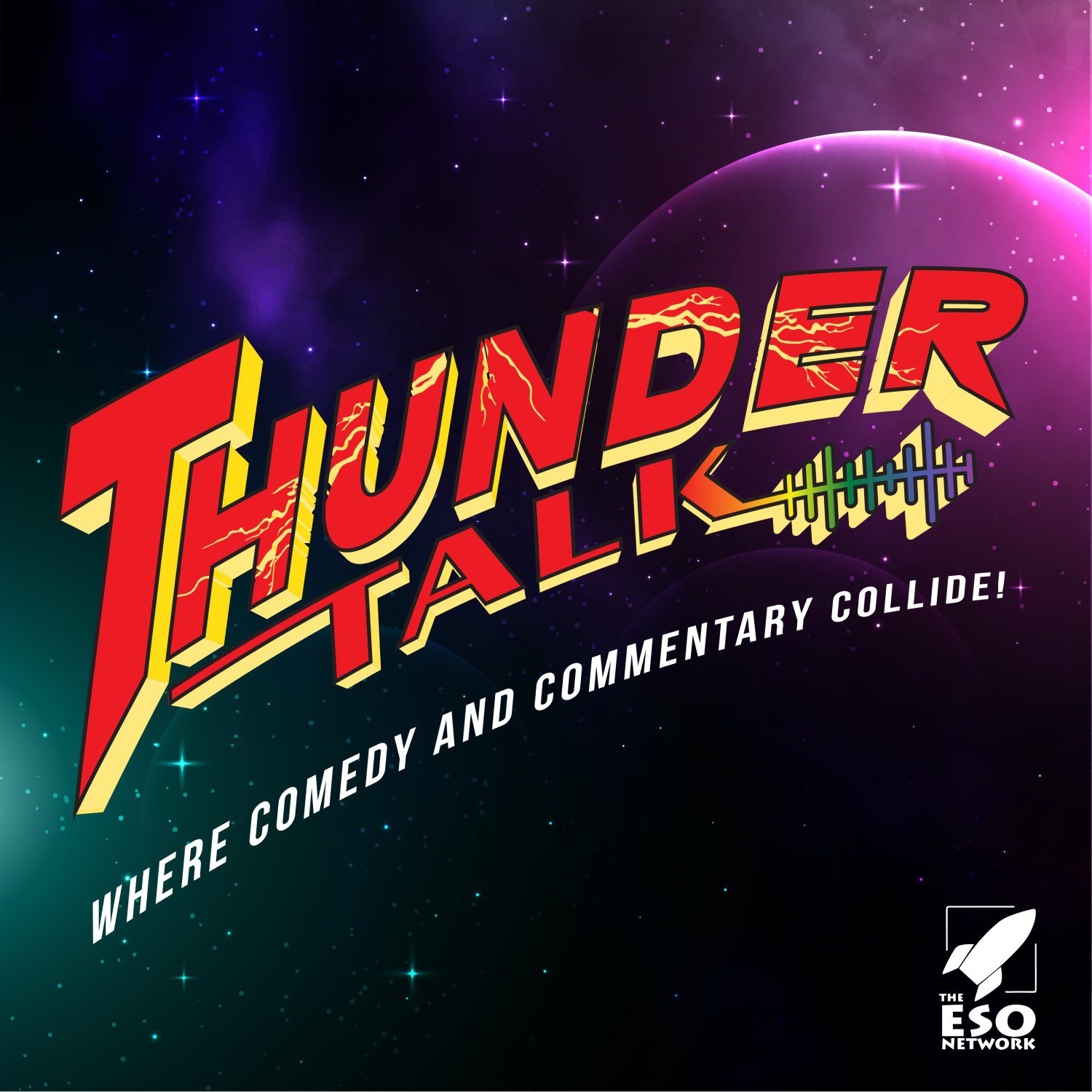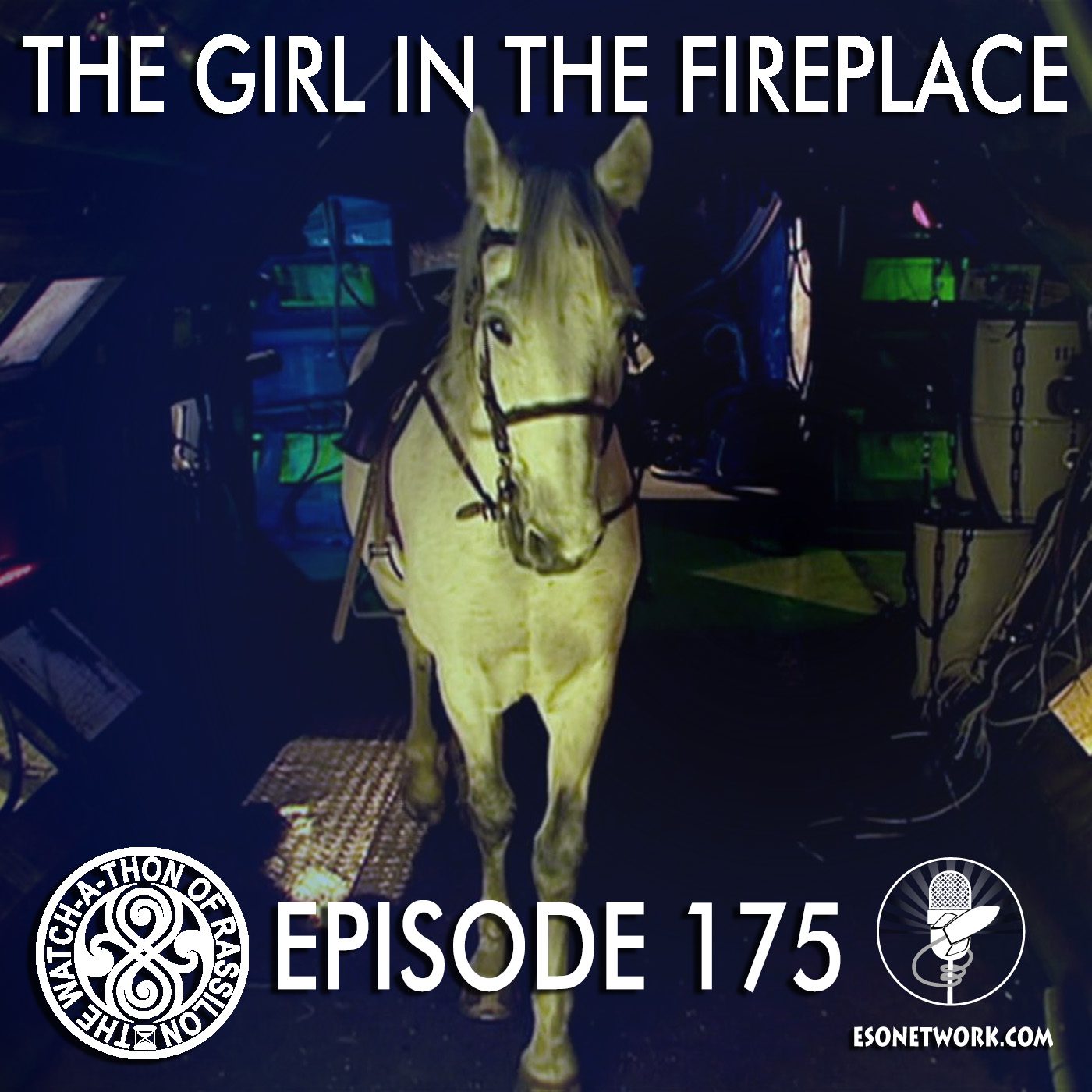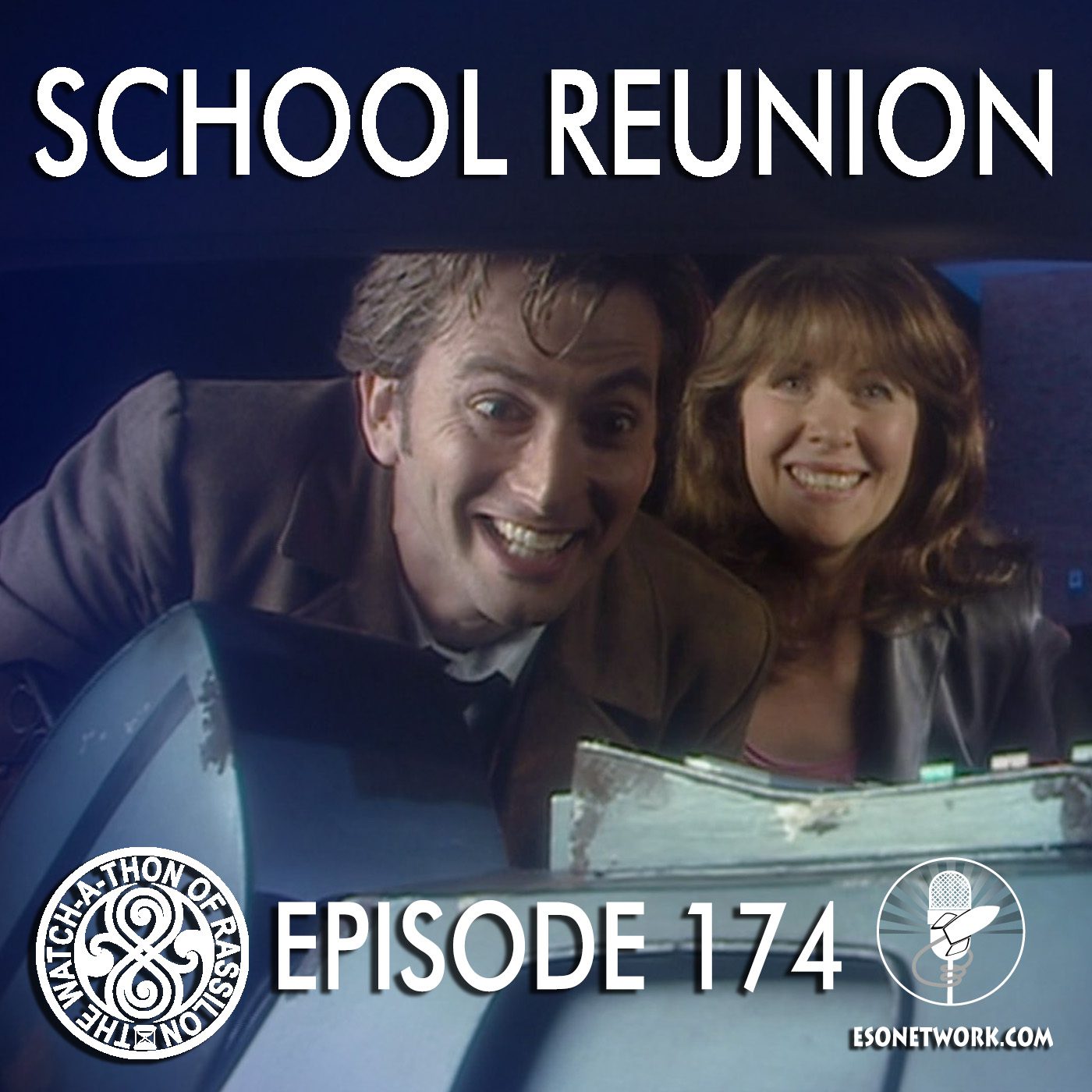World War II changed our planet forever, and the catastrophic events of this global conflict continue to impact us today, 80 years later.
We all know that fact, having read about World War II in school history books growing up. However, it’s one thing to read about the facts surrounding historical events, and another to experience them on a more personal, emotional level.
That’s why films, books, and other stories set during this time period continue to be so important and powerful. If we can get an idea of what ordinary people were seeing, feeling, and experiencing during this time, it will help drive home the lesson of how frighteningly easy it is for evil to take root in society and how we must fight it before it spreads, such as when the Nazis so quickly took over Germany.
I’ve been following the BBC series World on Fire since it premiered (the second season recently wrapped on PBS Masterpiece). “Enjoyed” is not the right word for a series with such a somber and serious tone, but it is a very well made show and through it I’ve learned more about how World War II impacted everyday citizens.
The show is told through a web of interconnecting storylines scattered across Europe, as war breaks out and lives are forever altered. Helen Hunt stars in season 1 as an American journalist in Berlin, and Sean Bean plays a World War I veteran and pacifist.
There are many compelling secondary characters as well: Jonah Hauer-King as a young British officer; Julia Brown as a wartime entertainer; and Zofia Wichłacz as a member of the Polish Resistance in Warsaw.
Throughout all of these storylines, there is a dangerous, simmering tension. Characters you care about are not guaranteed to be safe, and as the characters experience violence, fear, and oppression, you experience those emotions right alongside them.
I was initially saddened when Hunt and Bean did not return for season 2 (possibly a consequence of the pandemic interfering with filming schedules). However, even more new characters are added to flesh out the show’s rich variety of perspectives, including Ahad Raza Mir as a captain in the British Indian Army stationed in North Africa. He’s fighting against the Nazi regime while also grappling with the oppression of his own people by the British. Gregg Sulkin also joins the crew as a Jewish fighter pilot in the Royal Air Force.
There are a lot of different storylines to keep up with in this show, and the series quickly switches from scene to scene. The jumping around didn’t bother me because it all ties together, but it is a lot to keep track of.
If you are a fan of period dramas, I definitely recommend this series, and I am hopeful they will announce a third season soon.









